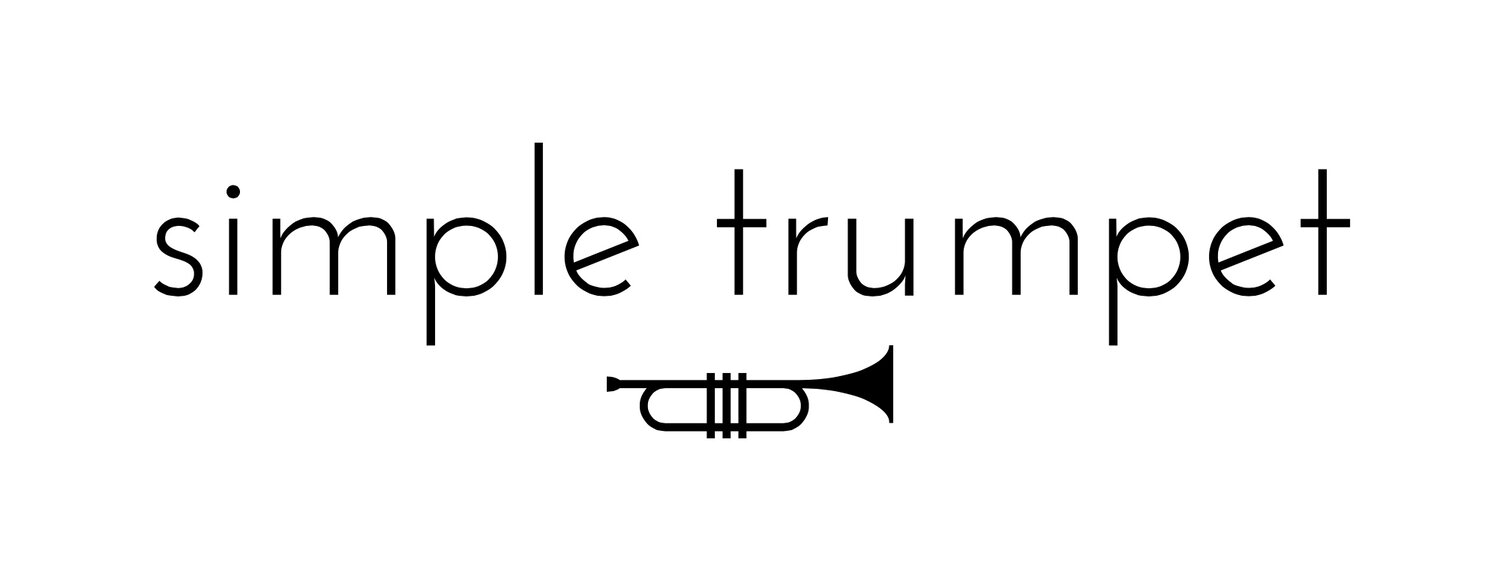I took lessons from Phil for a number of years from middle school through high school, about 8-11 years ago.
Looking back, I believe what had helped me as a young musician at the time and what I take with me today from Phil's lessons is not a set of trumpet-playing "tricks", but a general approach to solving complex, open-ended problems. Now that I've worked with a number of teachers, mentors, and professors in a variety of fields since high school, I think this is really key criterion that separates effective (and memorable) teachers from the usual ones.
In any learning process, a student will go through a number of "ah-ha!" moments - times when the student not only understands a new concept, but is able to understand that he/she understands the concept. That is, the student is able to identify what he/she did that led to the improvement and further capitalize on this progress. As a young musician, the big challenge I faced during at the time was learning to sound good on a trumpet after getting or removing braces. Clearly, no teacher can prescribe set of quick fixes in playing technique to adapt to my particular situation - obviously, everyone has different mouths/jaws, orthodontics procedures, etc. I felt like I had to relearn this instrument each time I underwent a change in orthodontic devices, and this is precisely what Phil helped me do effectively. Following Phil's guidance, I basically learned how to teach myself (e.g. how to practice) to improve my sound on the trumpet.
If I had to, I'd summarize Phil's teaching method briefly as the following: There are always a number of factors that you cannot control (e.g. orthodontics) or are not yet able to control (e.g. things that require strength/conditioning, muscle memory, or mental fluency). The student should seek to exercise, with precision, those factors that are under his/her control and thereby gradually expand this sphere of influence. At first glance, it is completely obvious - you want to focus your time/energy on things you can control when you can control them, and you don't want to waste time/energy stressing about things beyond your influence. In this sense, Phil's teaching method was completely intuitive. However, the fact that most of us have trouble doing this when learning new skills means we often need the guidance of an experienced teacher.
Being led through this process, by itself, would have been sufficient to make Phil one of my most memorable mentors, but it would be near impossible to separate the essence of Phil's lessons from the man himself. He was always humble, supportive, and genuinely excited when he noticed progress in my playing. As a student, it's not always clear at the moment exactly how/why a particular lesson or exercise is going to help you improve, but Phil's down-to-Earth attitude and refreshing honesty made it easy to trust him that he was here to help.
Thanks, Mr. Holland, for the opportunity to study under you. I know everything I've written here is based on events from about a decade ago, that is, a decade earlier in your teaching career. I can only assume you have somehow further perfected your teaching style and methods over this time. Clearly, you are taking your teaching career to new heights and continuing to re-invent yourself. I wish you good luck!
-Kerry
